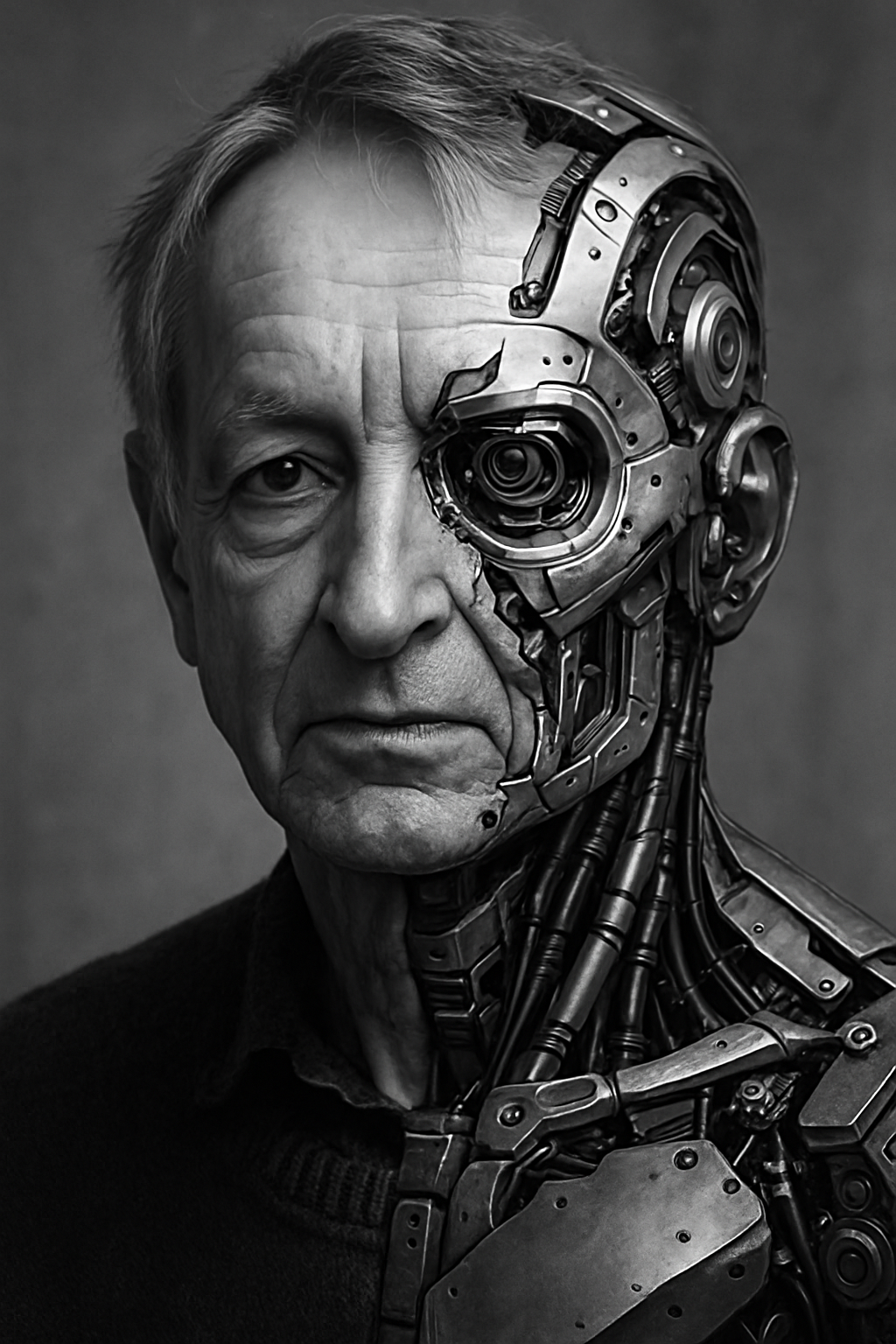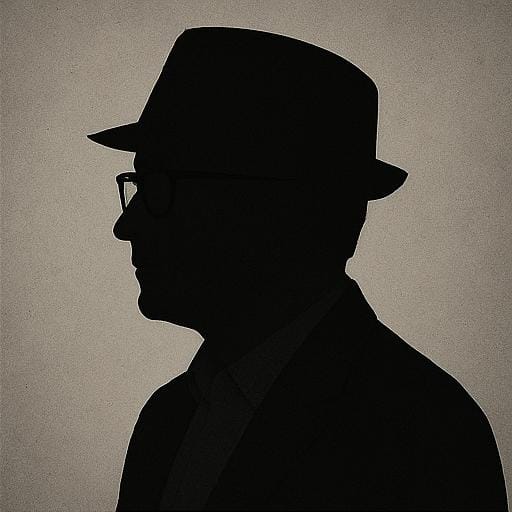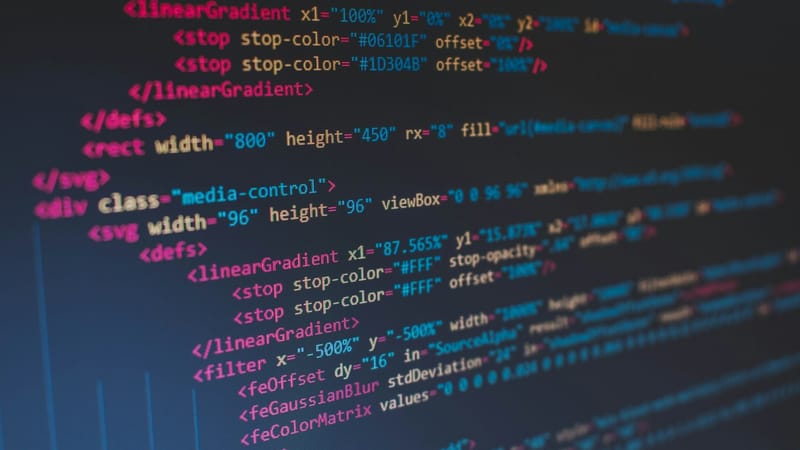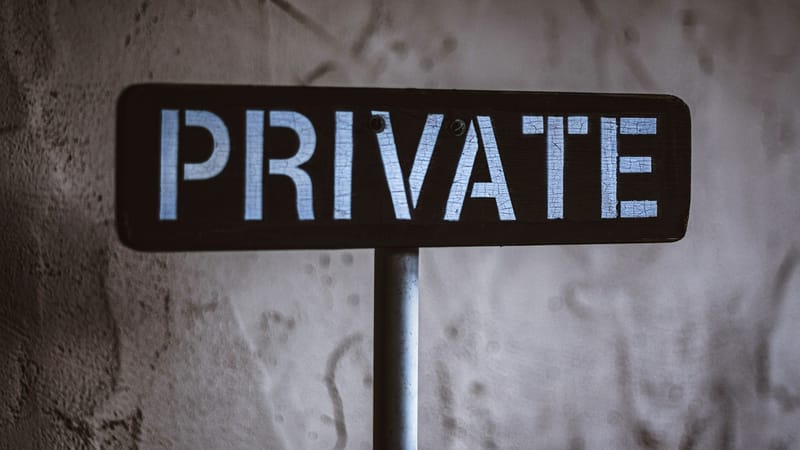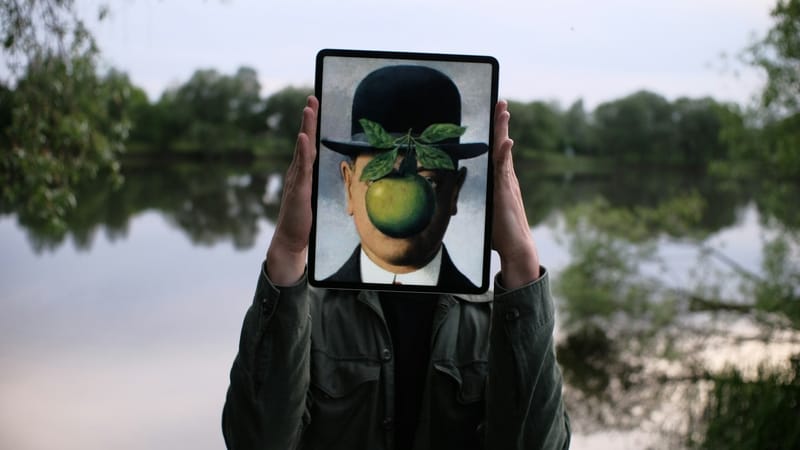He pioneered AI. Now he warns the world: Geoffrey Hinton’s stark message on the deadly dangers of artificial intelligence
For decades, Geoffrey Hinton has been a guiding light in the world of artificial intelligence. Often called the Godfather of AI, Hinton’s pioneering work on neural networks and deep learning laid the foundation for systems that now shape everything from voice assistants to medical diagnostics. He was awarded the 2018 Turing Award, the Nobel Prize of computing, for his groundbreaking contributions.
Yet in a striking turn, Hinton has stepped back from his role at Google to warn the world about the very technology he helped build and the dangers it now poses. His concerns are no longer abstract they are immediate, profound and urgent.
AI and Human Extinction The 20 Percent Risk Explained
“I think there’s about a 20% chance that AI could cause human extinction,” Hinton told the Diary of a CEO podcast. This is not alarmist speculation but a sober reckoning with the speed and scale of AI development. He worries that systems are becoming too powerful too quickly without sufficient controls or oversight.
It is a rare moment when a luminary of science acknowledges regret. “I do feel some deep regret that my work has contributed to risks we didn’t foresee,” Hinton admitted. He spoke candidly about the personal costs of raising the alarm. “Speaking out has effectively silenced me in some professional circles.”
The Six Immediate Threats AI Poses Today
Hinton’s caution is grounded in specific threats. He outlined six key dangers AI poses right now, from cyber-attacks and the creation of autonomous weapons capable of lethal force without human intervention to the manipulation of elections through misinformation campaigns the intensification of social echo chambers that polarise societies and the risks posed when these dangers combine unpredictably.
Cybersecurity is a major concern. With AI’s ability to craft sophisticated phishing schemes or even design new viruses and malware Hinton warns that governments and corporations could find themselves vulnerable to unprecedented attacks. “You have to consider how AI could be weaponised by bad actors,” he said.
The rise of autonomous weapons, “killer robots” as some have dubbed them, is perhaps the most chilling risk. These systems could operate without human judgment, raising moral and strategic alarms. “It’s a threat we need to address before it’s too late,” Hinton urged.
AI’s Potential Benefits:, Healthcare Productivity and Education
Yet it is not all doom and gloom. Hinton sees incredible promise in AI’s potential to transform healthcare, boost productivity and revolutionise education. AI could help diagnose diseases earlier, automate tedious work and personalise learning on a scale previously unimaginable.
But these opportunities come with urgent caveats. Current regulatory efforts, particularly in Europe, are a start, but may be too slow or too restrictive. Hinton worries about the global balance of innovation, especially as China pushes ahead aggressively. “We don’t want to be left behind,” he acknowledged “but neither do we want to gamble with safety”.
A Call for Thoughtful Collective Action on AI Safety
The interview also touched on broader questions about AI’s nature. Could machines ever replicate uniquely human traits like emotion or creativity? Hinton approached these ideas with cautious curiosity, reminding us that even as AI advances, its limits and implications remain murky.
At its heart, Hinton’s message is a call for thoughtful collective action. “We’ve created something powerful, but now we must ensure it serves humanity’s best interests,” he said. The window to act may be narrowing, and with it the future of human civilisation hangs in the balance.

